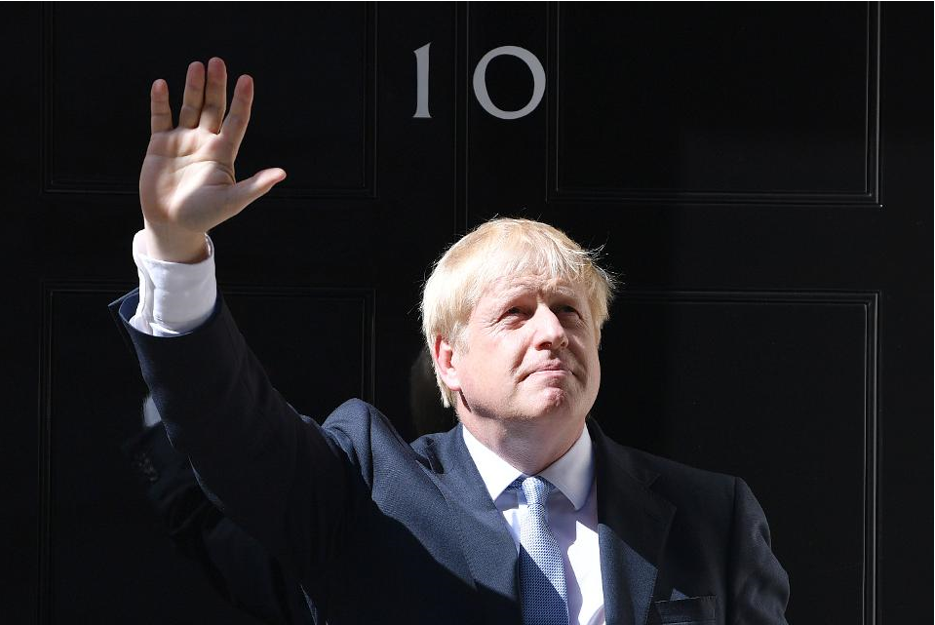
Lindsey Burke, director of the Center for Education Policy at the Heritage Foundation, Nile Gardiner, who directs the Foundation’s Margaret Thatcher Center for Freedom, and your humble author teamed up recently to produce a report calling for a next generation assisted places program in the United Kingdom.
redefinED readers may recall my December 2019 post explaining that the British Labour Party campaigned during the General Election on a platform that included a proposal for the state to close private schools and seize their assets. Supporters of this proposal justified the illiberal position based on the notion that private schools are excessively exclusive.
Private schools in Britain did in fact become more exclusive than they otherwise would have been after a Labour government eliminated in 1997 a program known as the Assisted Places Scheme, which helped low-income students attend private schools. Labour suffered one of the greatest electoral disasters in modern British history, creating the opportunity for the Conservative government to address the issue of private school exclusivity in a constructive fashion:
Any future choice program should include and advantage the poor but must have broader community support in order to survive. In order to achieve the goal of Assisted Places – bringing economic diversity to British private schools – such choice options must be made widely available to all families, broadening community participation and support.
A subtle but profound shift could accomplish these goals and more. The main focus for the United Kingdom should be on funding students. The technology now exists to allow families to control their education funding to allow them to choose between a variety of school and non-school educational experiences. Rather than simply funding schools, Britain should be funding educations.
The death of the Assisted Places Scheme instructs current reformers to think in bolder strokes. Britain’s hyper-majoritarian political system, once described as “an elected dictatorship” means that communities of interest must be broad and strong in order to last. A well-constructed education savings account program can not only increase the economic diversity of private schools, but also can open a universe of non-school service providers such as therapists and tutors.
One of the major political parties went on record in full totalitarian mode regarding private schools. British private schools should not only support public policies to reduce exclusivity, but also should develop a wider coalition in civil society to meet the threat to their liberty and continued existence.


